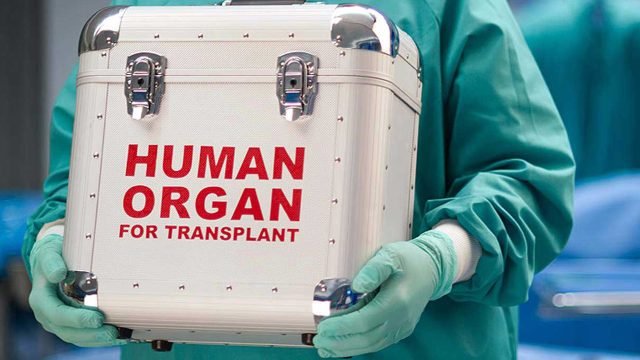The Federal Government has announced that all health facilities involved in organ transplantation in Nigeria must be registered and licensed before they can operate.
In addition to registration, these facilities are now required to set up independent Organ Transplantation Committees, separate from their medical transplantation teams.
The government also revealed that plans for a nationwide inspection of organ transplant facilities are underway. The inspection, aimed at accrediting and licensing the facilities, will be carried out by the National Tertiary Health Institutions Standards Committee (NTHISC).
Efforts are also in progress to establish a National Organ Transplantation Registry.
These updates were shared on Thursday in Abuja during the unveiling of the Standards and Guidelines for the Establishment and Coordination of Organ/Tissue Transplantation Services in Nigeria. The guidelines, developed by the Organ Transplantation Guidelines Panel under Professor Fatiu Abiola Arogundade’s leadership, cover key areas such as kidney, liver, eye tissue, hematopoietic stem cell (bone marrow), gamete and embryo donation, storage, and surrogacy.
The document also sets ethical standards for organ donation and transplantation, introduces mechanisms for donor protection, ensures informed consent, and outlines clear processes for organ allocation.
In his remarks, the Minister of State for Health and Social Welfare, Adekunle Salako, emphasized the importance of the new framework, particularly in light of the rising cases of unethical practices in the sector.
“These guidelines provide a much-needed regulatory framework for organ transplantation. They aim to restore trust in organ donation in Nigeria by promoting transparency, accountability, and adherence to international best practices,” he said.
The Minister, represented by the Director of Hospital Services, Jimoh Salaudeen, highlighted the need for the guidelines, citing the exploitation of young Nigerians from poor backgrounds who have fallen victim to organ trafficking.
“These guidelines aim to restore trust in organ relations in Nigeria by promoting transparency, accountability, and adherence to international-based practices. This document is particularly important given Nigeria’s unique challenges. In recent times, we have witnessed troubling incidents of unethical organ harvesting and other excesses within the organ transplantation sector,” Salako added.



